



Overview
-
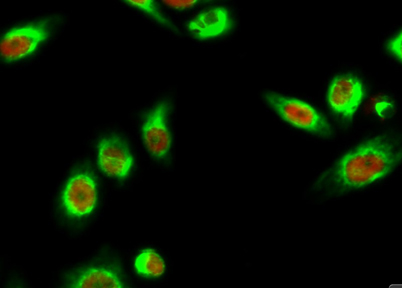 Immunofluorescence analysis of Hela cell. 1,AQP2 Polyclonal Antibody(green) was diluted at 1:200(4° overnight). (red) was diluted at 1:200(4° overnight). 2, Goat Anti Rabbit Alexa Fluor 488 Catalog:RS3211 was diluted at 1:1000(room temperature, 50min). Go
Immunofluorescence analysis of Hela cell. 1,AQP2 Polyclonal Antibody(green) was diluted at 1:200(4° overnight). (red) was diluted at 1:200(4° overnight). 2, Goat Anti Rabbit Alexa Fluor 488 Catalog:RS3211 was diluted at 1:1000(room temperature, 50min). Go -
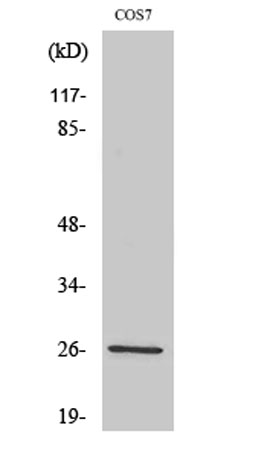 Western Blot analysis of various cells using AQP2 Polyclonal Antibody
Western Blot analysis of various cells using AQP2 Polyclonal Antibody -
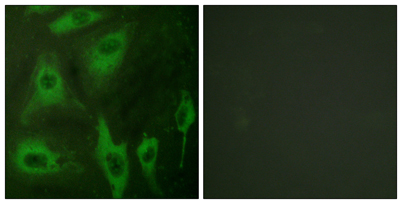 Immunofluorescence analysis of HeLa cells, using Aquaporin 2 Antibody. The picture on the right is blocked with the synthesized peptide.
Immunofluorescence analysis of HeLa cells, using Aquaporin 2 Antibody. The picture on the right is blocked with the synthesized peptide. -
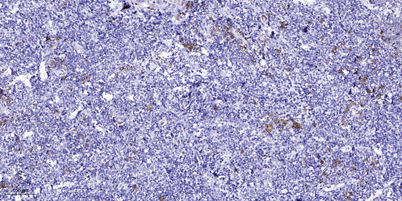 Immunohistochemical analysis of paraffin-embedded human tonsil. 1, Antibody was diluted at 1:200(4° overnight). 2, Tris-EDTA,pH9.0 was used for antigen retrieval. 3,Secondary antibody was diluted at 1:200(room temperature, 45min).
Immunohistochemical analysis of paraffin-embedded human tonsil. 1, Antibody was diluted at 1:200(4° overnight). 2, Tris-EDTA,pH9.0 was used for antigen retrieval. 3,Secondary antibody was diluted at 1:200(room temperature, 45min).
关闭
在线咨询
Online consultation
-
在线咨询
-
技术支持

关注微信公众号

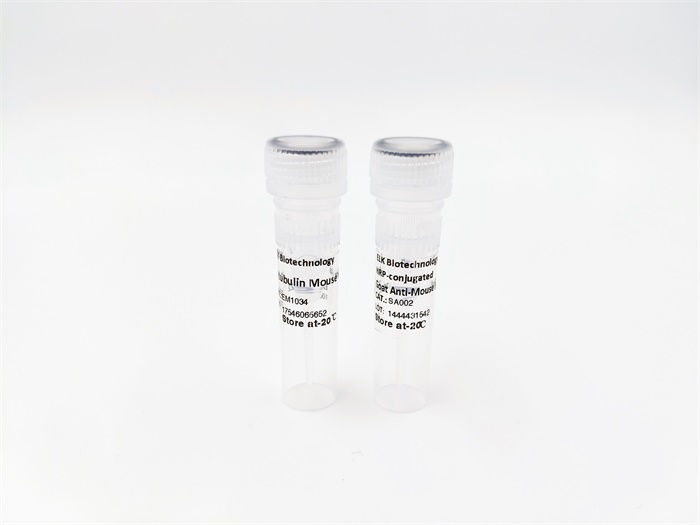

 下载说明 ①
下载说明 ①



